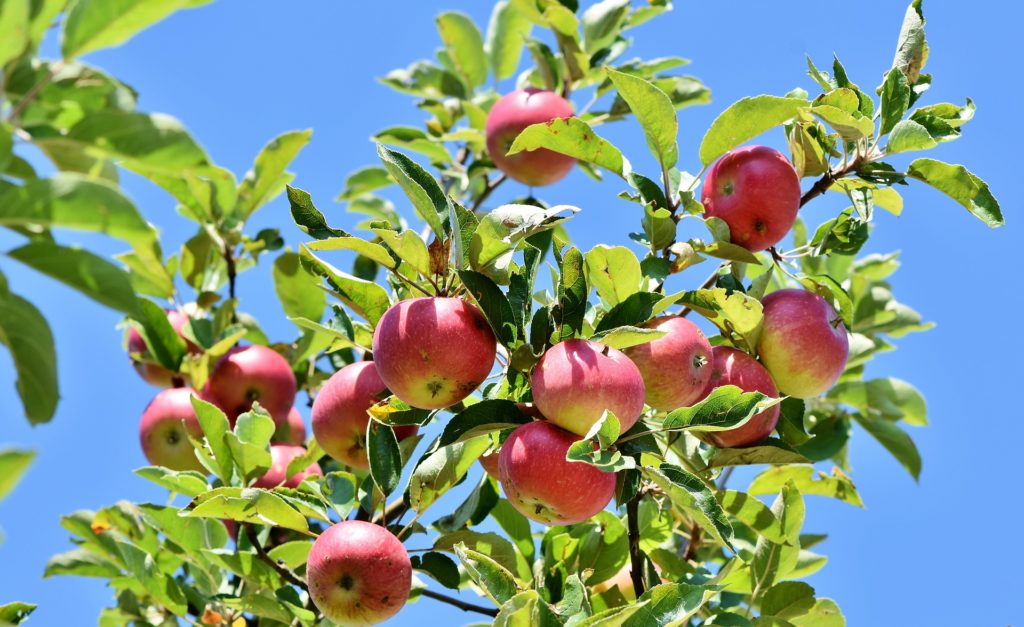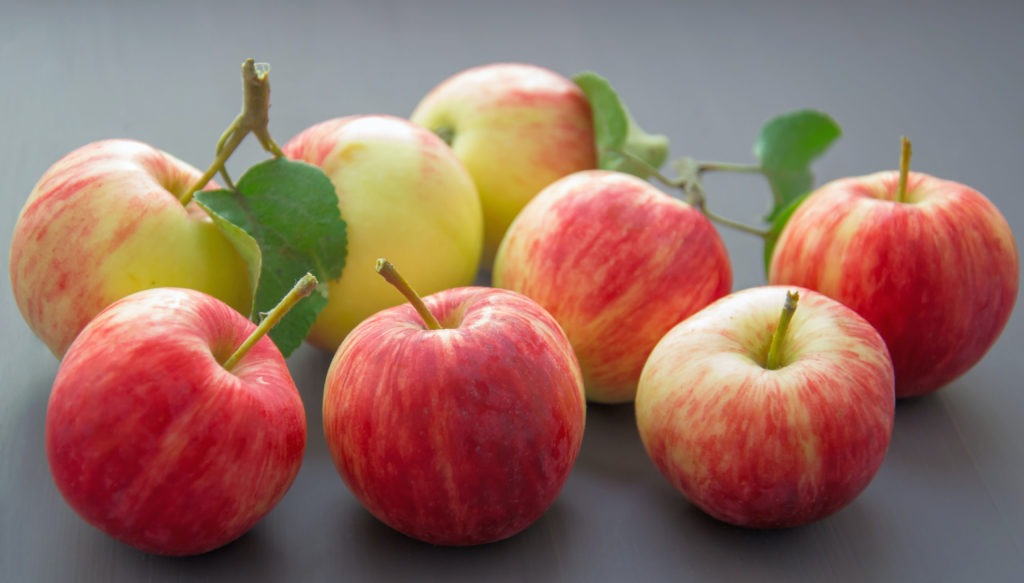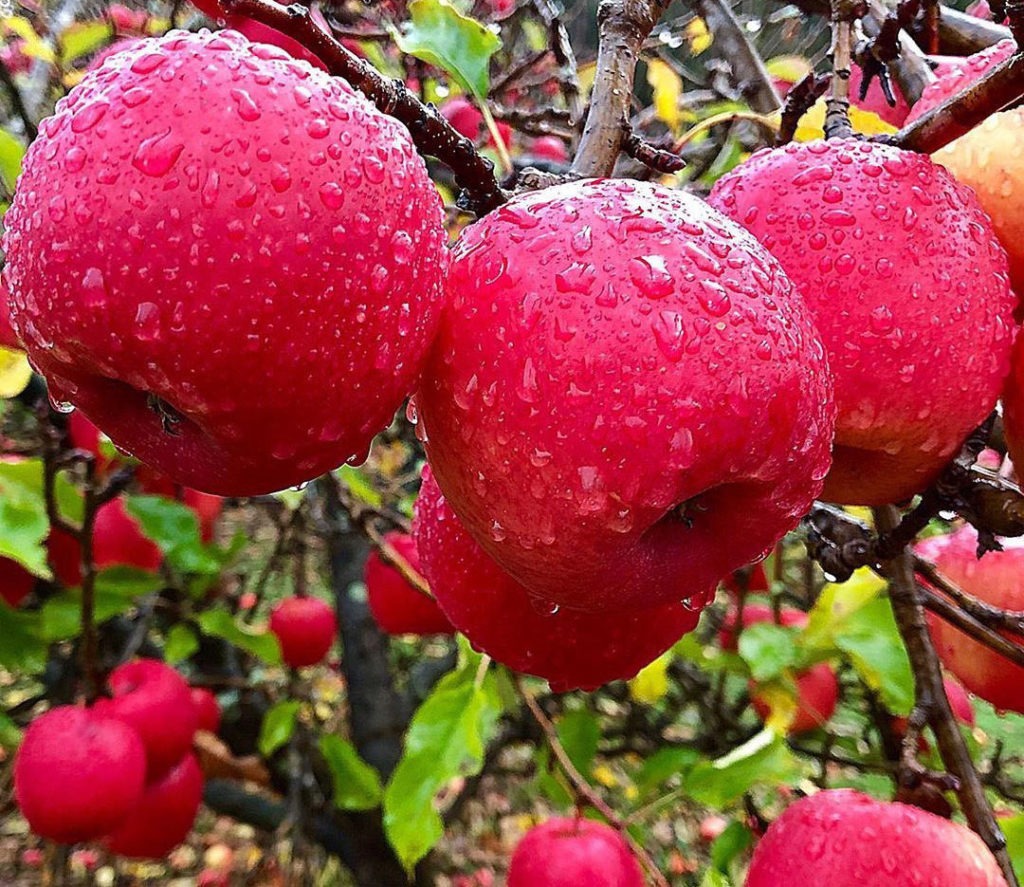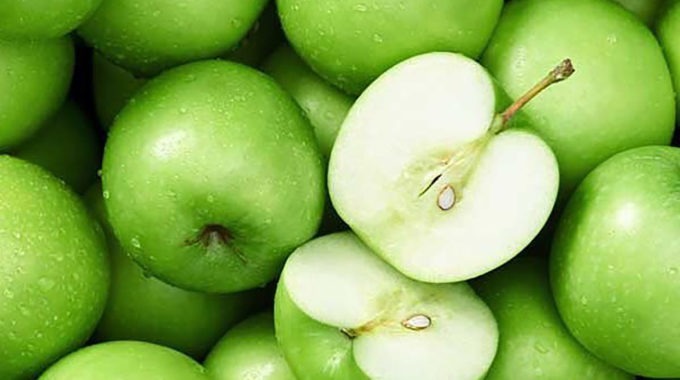UK FTA: what it means for Aussie apples
Alongside the announcement of a new agriculture visa, the new free trade agreement (FTA) between Australia and the UK has provided a valuable opportunity for Australian growers, with future growth in exports by even just a few percentage points offering significant benefits for Australian producers. While the details still need to be signed off before industry can get a clearer indication of the official timeline, this gives growers plenty of time to start exploring their export potential in what is an established, high-value market.
Australia currently exports a very, very small volume of apples, but there’s a solid base of export experience in the industry, with many apple producers exporting other crops, including stone fruit and cherries. Below, Apple & Pear Australia Ltd shares some fast facts on Australian apples and the potential benefits of the new free trade agreement.

The UK is the world’s second largest apple importer
UK Imports approximately 350,000 tonnes of apples each year. This is more than Australia’s entire annual crop. France is the major supplier, then South Africa, New Zealand and Chile.
Australia is a tiny apple exporter
Australia currently only exports around one percent of our annual national crop, which ranges between 260,000 and 310,000 tonnes. On average, Australia exports a total of approximately 4000 tonnes per year. In tough seasons, such as 2020, this amount can be much lower, at around 2000 tonnes.

The UK “niche” is September-October
The UK market could offer Australian exporters a niche opportunity in September-October. These are the final months before the local harvest in the northern hemisphere begins. This niche window currently attracts an eight percent tariff on Australian apples, but competitors such as Chile and South Africa enjoy zero tariffs. Under the new FTA, Australian exporters would also have no tariff on the export of apples to the UK.
Our exports are unlikely to affect UK apple growers
Under the current arrangements, about five percent of Australia’s apple exports go to the UK – that’s around 100-200 tonnes each year. While future growth in exports by only a few percentage points would be significant for Australian producers, the volume of exports is unlikely to have any impact on UK apple producers.

Exports are potentially key to Aussie apple value growth
Our domestic apple demand is largely static and linked to population growth. Value growth is also constrained in a market dominated by a small number of large retailers. The proposed FTA would make the UK an attractive market for the export of Australian apples. However, there has also been increasing demand for imported apples in other markets. This includes the launch of Pink Lady-branded apples in India over the coming year.
Been eating too much junk food in lockdown? There’s a smarter way to snack: try an Aussie apple instead. Here are some great reasons why.









